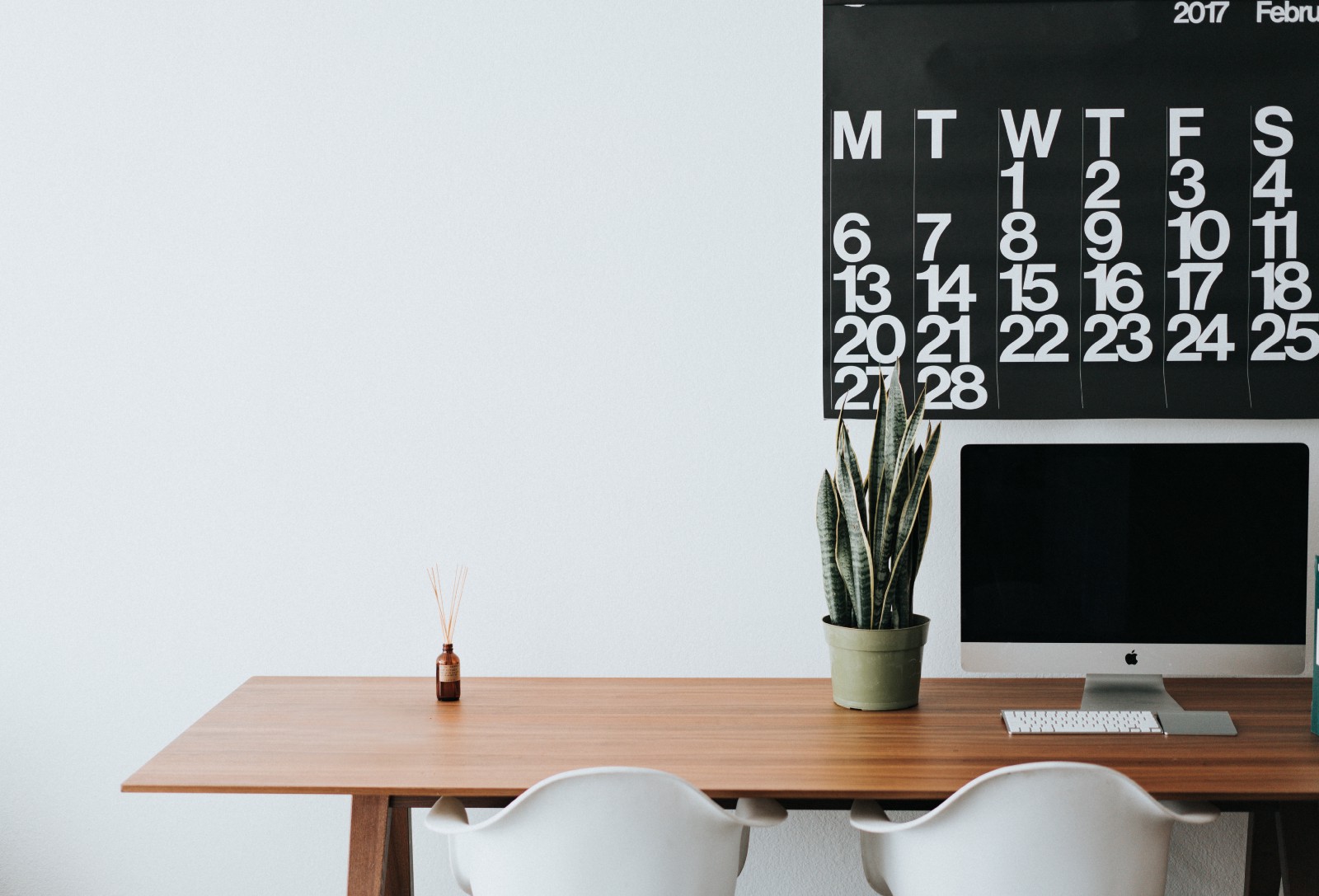Tips, tools, and advice from pros on how to maximize your deductions and be prepared to pay on time

Photo by Roman Bozhko on Unsplash
When you work for yourself, it’s up to you to understand your taxes and develop a strategy for saving money and having cash on hand when it’s time to pay. Here we lay it out for you, with tips from two highly successful freelance writers on what works for them.
Quarterly taxes
It’s important to understand that as a Soloist, you will be paying quarterly taxes. According to the IRS, independent workers have to estimate and pay quarterly taxes if they expect to owe more than $1,000 when their return is filed.
“To figure out your estimated tax, you must figure your expected adjusted gross income, taxable income, taxes, deductions and credits for the year,” writes the IRS on its website.
You can estimate your taxes using the accounting software program Quickbooks, which has a free tax calculator.
One freelancer, Ana Gotter, didn’t know about quarterly taxes until her second year running her business, and ended up paying a 7% late fee.
“That’s an enormous chunk when you’re already paying 33% in taxes,” she said. “I’m now diligent about my quarterly taxes, and pay them early.”
Ana now uses a CPA to help her with quarterly taxes, and recommends freelancers save 30% of everything they earn and keep it in a business bank account. Then, send it to the IRS quarterly.
Another freelancer, Leanna Johnson, has some advice for people just starting out: “Taxes become exponentially more complicated when you are dealing with a business. The most important thing to know is what type of taxes you are looking at based on your business registration. Are you a sole proprietor? An LLC? Each type of business has different tax rules, deductions, perks and downsides.”
Itemize and claim expenses
Now that you’re a Soloist, you can expense that cup of coffee! Yep, if you’re meeting with a client, be sure to keep your receipt.
There are many different types of things freelancers can write off, and it’s important to keep track of expenses and receipts so you can lower your taxes at the end of the year. Think about your specific industry and what supplies you may claim as a deduction or a depreciation in value- such as a massage table, hair styling tools, exercise equipment, a computer, etc. Gas, tolls and commuter costs can also be expensed.
Ana Gotter said she tries to use expenses strategically for her business. “I take several courses or certification classes a year, so I can get better at what I do. I now have content marketing, email marketing and social media marketing certifications. I use WiseStamp’s email signature and professional photos to help me look more professional, and Moz’s keyword research tool to improve the quality of my content. I also have an assistant, an editor and a keyword researcher. This is all very expensive, but has helped my business grow quickly.”
If you’re not used to keeping track of expenses, they can be really easy to overlook.
Leanna Johnson said if you work at home, be sure to take a home office deduction, which applies to rent and utilities. You can also write off travel expenses. “The important thing is to keep good records online and off. Whether you keep or scan your receipts, use a Google spreadsheet or rely on bank statements, having a solid system and a backup is essential. You never know what you could save money on.”
If you’re not sure if you’re doing any of this right, you can always get some guidance from a professional.
Picking a software, service or accountant
There are so many softwares and services out there that it can be overwhelming just picking what’s right for you. As a business owner, you’re now responsible for everything that has to do with your business, and there are a lot of software programs out there that can help. Here we give you a rundown of the best financial tools for Soloists.
Ana said she wished she’d started using software earlier. “My original system of invoicing was to give people my Paypal link. Even though I was diligent about tracking my income, it was really hard to keep up with who paid me for what.”
Now, she swears by Freshbooks, and has a CPA. “As soon as you can afford it, a CPA who has experience with small businesses and/or freelancers will be one of the best investments you can make into your business. Though I pay $800-$1000 per year for their services, they save me much, much more.”
But you don’t have to do any of that if you don’t want to. Leanna calls herself an “old-fashioned girl” who uses a combination of offline filing, online spreadsheets and expert advice. “Thankfully for the rest of you, there are great options. I like Quickbooks self-employed and small business software. They offer a range of helpful options as well as complementary software for taxes (TurboTax) and budgeting (Mint).”
With a bit of planning and dedication, you can make the most of your 1099 filing by choosing the right combination of tools and professional help to maximize your returns and make quarterly payments less painful.
Learn More:
A Guide to Tax Deductions for Freelancers
Tax Help for the Self Employed
The Ultimate Tax Guide for Freelancers
The Best Financial Tools to Keep Your Soloist Business on Track
Work Independently, Not Alone.


